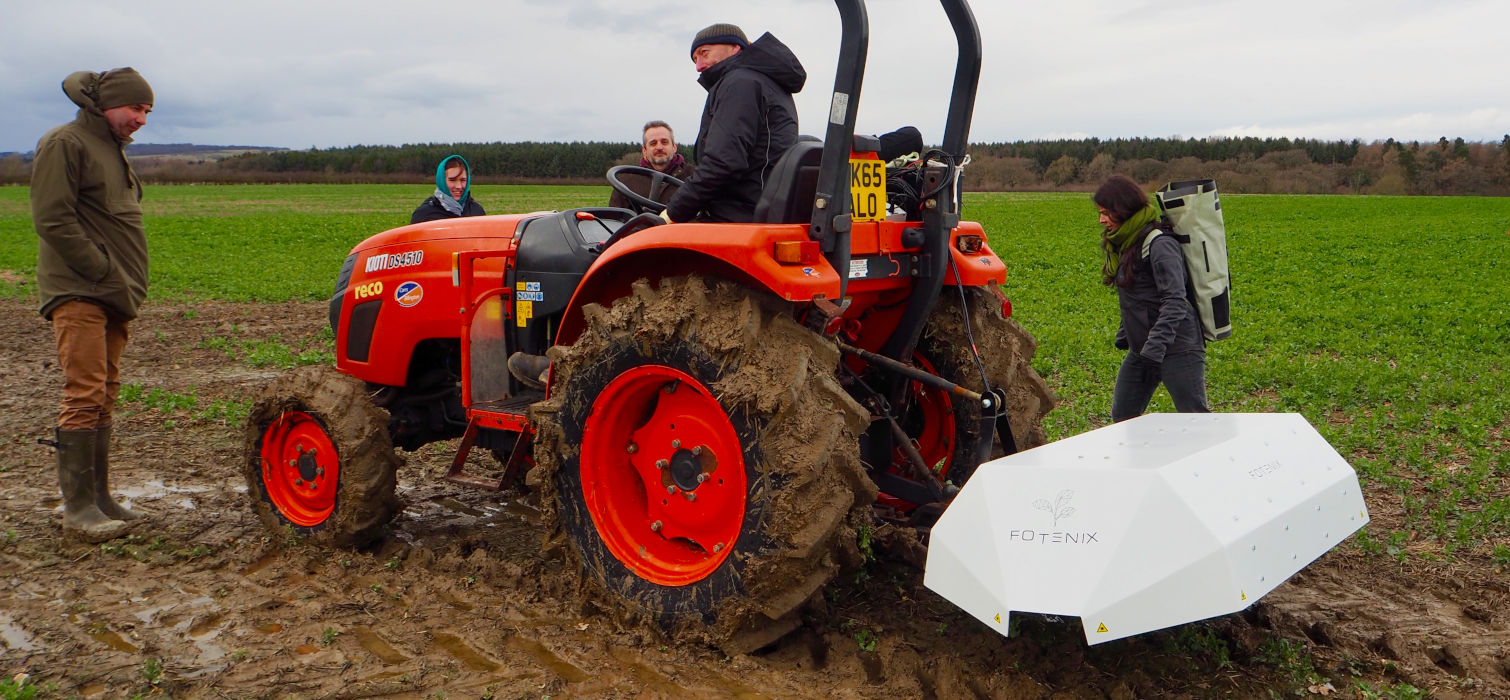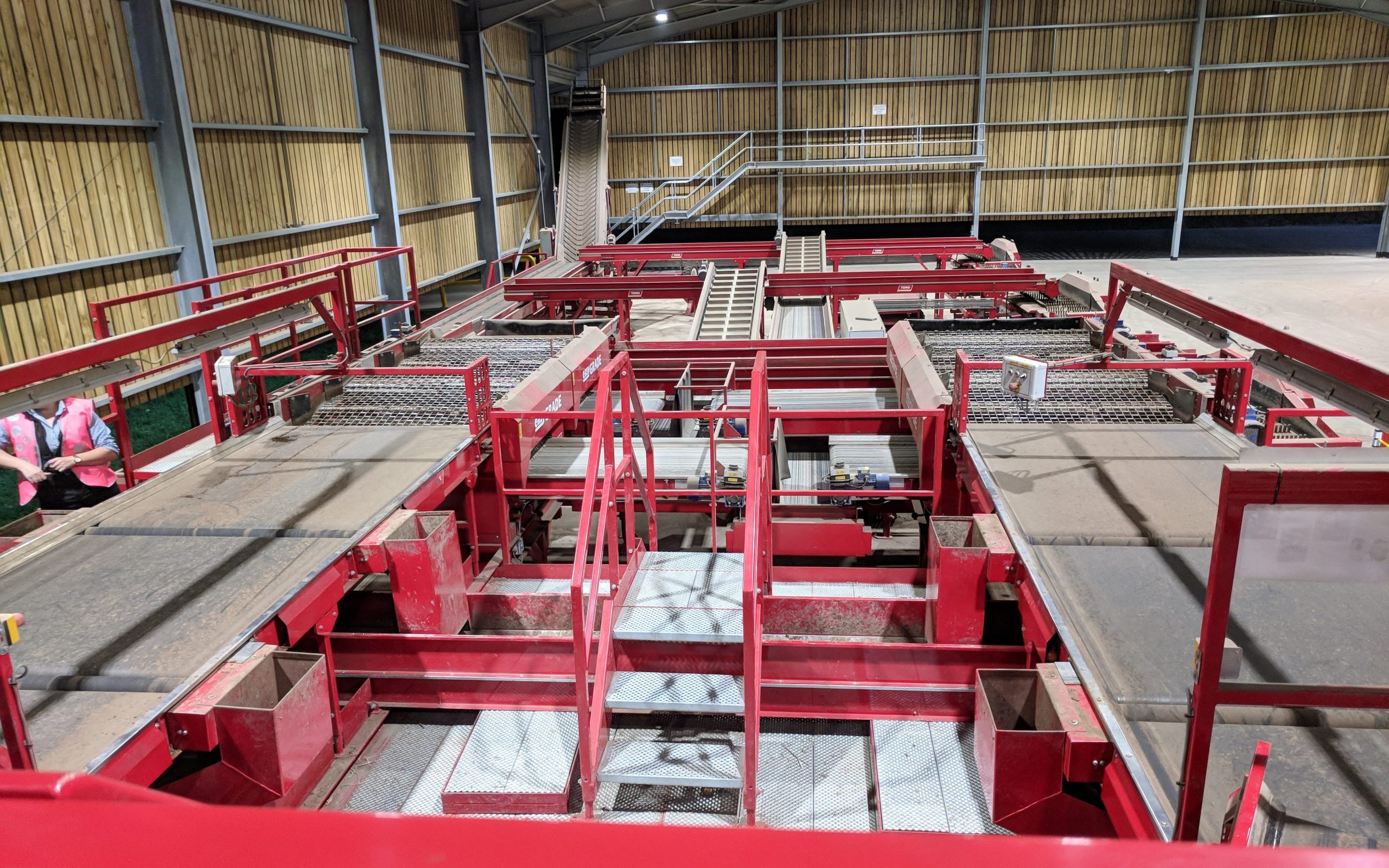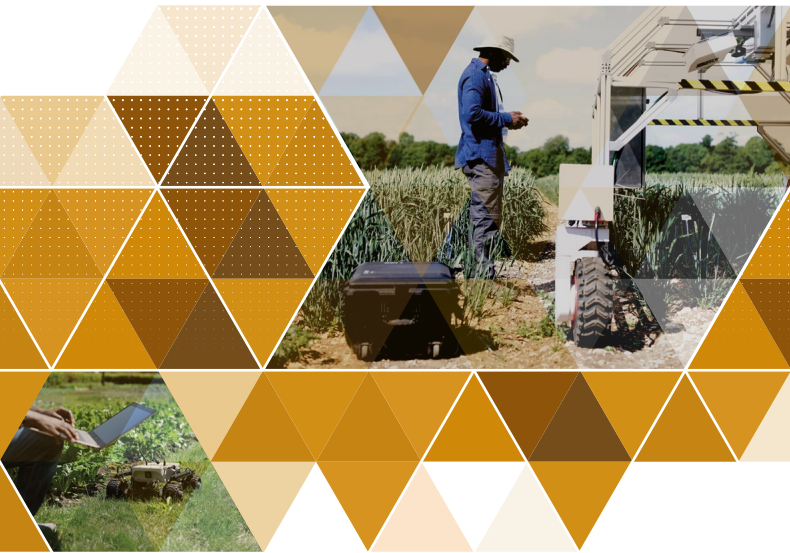[ad_1]
Of all the well-articulated barriers to technology adoption by farmers, ‘cost, risk, and trust’ are often top of the list. But levels of digital literacy and the skills to integrate complex new systems and devices can also inhibit a business decision to invest in new technology.
We can longer keep talking about the skills needed for future use of technology in agriculture; the future started years ago when the first robots made their tentative way onto fields and into glasshouses and packhouses.
This month we ask: “why are we still discussing skills needed for the new era of agri-tech?”

The call for digital education: accelerating the high-tech transition on farms
A recent White Paper by the UK’s Robotics and Autonomous Systems Network is calling for inclusive, multidisciplinary digital education across the workforce to build confidence and competence as the technology transition accelerates on farms.
The authors are right – and we need urgent action on the recommendations.
There has been – happily – no shortage of investment into the scientific community. As well as developing the technology, researchers are encouraged to consider user interfaces and experience, safety and ethics, and even how to maximise adoption on farm.
But the wider community is still lacking proper, structured support around the day-to-day existence with digital, robotics and automation in commercial practice.
Training users for on-farm deployment
From telecoms networking to cybersecurity and computer programming to image processing, the report’s authors (including experts from Harper Adams University and Lincoln University) argue it’s not just the tech developers who need an understanding of these tools.
Deploying them on-farm requires the users to be trained not only in their intended applications, but also additional health and safety criteria, managing them in different (possibly changing) environments, and even their ethical application.
But who is taking a lead in overseeing this up-skilling of the industry?
A decade of high-tech evolution: failures in training and skills development
As an industry, we have had a decade to tackle it. A decade which has seen huge investment into advancement of the technology, yet we have widespread failure in the training and skills development needed to keep pace.
Farms and packhouses can be dangerous environments, with training and industry-accredited qualifications needed to use ag-chemicals, handle machinery and manage livestock. Yet, with the exception of drones, there is little or no standardised training for digital education for the sector, such as working alongside robots, managing automation, or undertaking data analysis.

Empowering further education and training initiatives in the agricultural industry
The UK’s Further Education colleges that teach land-based skills are ideally placed to upskill themselves and the agri-food workforce for the new technological era, but they have battled against woeful under-investment for decades. Suffolk Rural, Easton College (part of City College, Norwich) and Writtle University College are just some of a number that could have valuable input.
Given proper long-term support to develop and deliver new courses through different training options, they can – and should – sit at the heart of the digital revolution for agriculture to provide for the labour needs of the future.
The independent and wide-ranging labour review led by John Shropshire (published in early summer 2023) stated that the role of automation and new technology in addressing labour shortages “cannot be overstated.” A second Defra report into the role of robotics and automation in horticulture last year specifically – and crucially – emphasised the need for the right skill-set for effective deployment on farm.
The Institute of Agriculture and Horticulture offers short courses and training for the industry, as do groups such as BASIS and NRoSO.
But who is holding the pen on national, accredited training for co-bot working (collaboration with robots), interactions with autonomous vehicles and more?
Hopefully the outdated images of farming as a low-skilled sector are well and truly behind us, but we now need to see some properly funded, structured industry-facing training to reflect the global industry we aspire to be.

The White Paper recommendations:
1. Provide technical training in robotics and automation training that is tailored to the specific needs of the agri-food industry and spans a broad range of topics, from robotic hardware and software to data management and security to AI and data analytics.
2. Provide training that goes beyond the technical operation of technology to include ethical, legal and regulatory issues.
3. Invest in research into best practice for RAS training to provide a sound evidence-base for design and delivery of courses.
4. Ensure that training providers (e.g. professional bodies, further and higher educational institutions) are appraised of the most up-to-date information on emerging trends, uses within agri-tech and best practice training.
5. Ensure that technology developers are able to access professional training that introduces them to farm practices, covering cropping as well as livestock.
6. Raise awareness in both technical and agricultural communities about the opportunities, benefits and challenges that the introduction of robotics and automation can bring to the agri-food sector.
7. Strengthen collaborative work between end users, farmers, industry, technology providers, agricultural advisors and academics in order to lower barriers to entry and integration through user-friendly interfaces and machinery that adheres to standards (where they exist).
Source link


